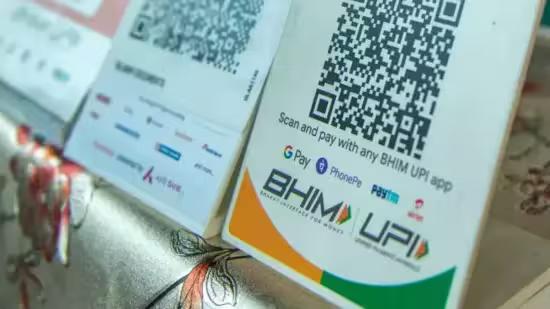
Trinidad & Tobago becomes the first Caribbean nation to adopt UPI
In a significant development, Trinidad and Tobago has become the first Caribbean country to adopt the Unified Payments Interface (UPI), India’s flagship digital payment platform. This milestone achievement was marked during Prime Minister Narendra Modi’s two-day official visit to the Caribbean nation. The adoption of UPI marks a significant step towards the digital transformation of Trinidad and Tobago’s financial landscape, and it is expected to have a profound impact on the country’s economy.
The UPI is a real-time payment system developed by the National Payments Corporation of India (NPCI) that enables users to send and receive money using a unique identifier, such as a mobile number or Aadhaar number. The system is widely used in India and has been instrumental in promoting digital payments and reducing the use of cash. With Trinidad and Tobago becoming the first Caribbean nation to adopt UPI, it is likely to have a significant impact on the region’s financial landscape.
The adoption of UPI in Trinidad and Tobago is the result of a Memorandum of Understanding (MoU) signed between the two countries. The MoU was signed during PM Modi’s visit to Trinidad and Tobago, where he held talks with the country’s Prime Minister Keith Rowley. The MoU aims to explore further collaboration in the implementation of India Stack solutions, including DigiLocker, e-Sign, and Government e-Marketplace (GeM).
India Stack is a set of APIs that enables the creation of various digital services, including digital locker, digital signature, and bill and payment systems. DigiLocker is a digital locker system that allows users to store and access their documents digitally. e-Sign is a digital signature system that enables users to sign documents digitally. GeM is an e-marketplace platform that enables government departments to purchase goods and services digitally.
The adoption of UPI in Trinidad and Tobago is expected to have several benefits for the country’s economy. Firstly, it is expected to promote digital payments and reduce the use of cash, which will help to reduce the risk of fraud and improve financial inclusion. Secondly, UPI is expected to increase financial efficiency and reduce transaction costs, which will help to promote economic growth.
The adoption of UPI is also expected to have a positive impact on Trinidad and Tobago’s financial sector. With UPI, financial institutions in Trinidad and Tobago will be able to offer their customers a range of digital payment services, including real-time payment, fund transfer, and bill payment. This will help to improve the competitiveness of the financial sector and promote financial inclusion.
In addition to the adoption of UPI, the MoU between India and Trinidad and Tobago also aims to explore further collaboration in the implementation of India Stack solutions, including DigiLocker, e-Sign, and GeM. The implementation of these solutions is expected to have a significant impact on Trinidad and Tobago’s government and private sector.
For instance, DigiLocker is expected to improve the efficiency of government services by allowing citizens to access their documents digitally. e-Sign is expected to improve the efficiency of business transactions by enabling companies to sign documents digitally. GeM is expected to improve the efficiency of government procurement by enabling government departments to purchase goods and services digitally.
The adoption of UPI in Trinidad and Tobago is a significant step towards the digital transformation of the country’s financial landscape. It is expected to promote digital payments, reduce transaction costs, and improve financial inclusion. The MoU between India and Trinidad and Tobago is expected to explore further collaboration in the implementation of India Stack solutions, which will have a significant impact on the country’s government and private sector.
In conclusion, the adoption of UPI in Trinidad and Tobago is a significant achievement that marks a new era in the country’s financial landscape. It is expected to promote digital payments, reduce transaction costs, and improve financial inclusion. The MoU between India and Trinidad and Tobago is expected to explore further collaboration in the implementation of India Stack solutions, which will have a significant impact on the country’s government and private sector.






